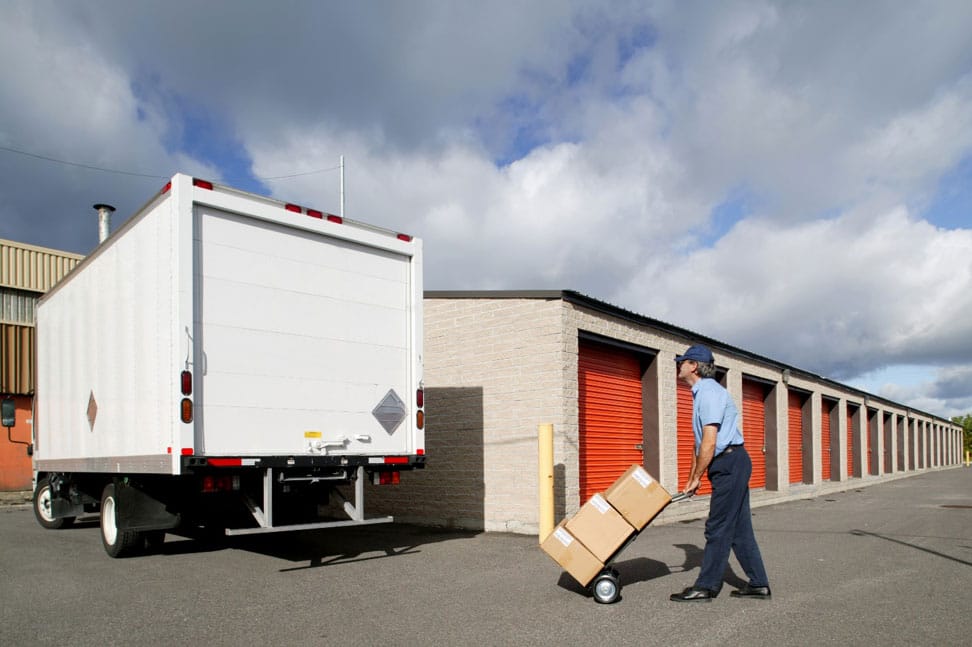
Truckers endure long hours with little to no rest. But when routes are carefully planned, why are truckers still so tired?
One answer: Truckers are challenged with prolonged waits at loading docks. Wait times cut into a trucker’s driving time. Truckers trying to achieve a target arrival time have less opportunity to rest and are fatigued, leading to more accidents on the road.

Why the Rush?
Delays hit trucking companies hard.
Long, idle waits at loading docks interfere with a trucker’s schedule, meaning less income for the driver. A Department Of Transportation (DOT) report estimates that wait times reduce total driver income by “$1.1 billion to $1.3 billion for for-hire commercial motor vehicle drivers in the truckload sector.”
That is a cost of $1,281 to $1,534 per year for individual drivers due to missed work opportunities.
In an separate investigation, the Government Accountability Office (GAO) found “about 65 percent of drivers reported lost revenue as a result of detention time from either missing an opportunity to secure another load or paying late fees to the shipper.”
Recent Study Links Trucker Wait Times to Accidents
Truckers running late on deadlines may become frustrated. Some drivers may compensate for lost time with dangerous driving behavior such as driving while fatigued, speeding, and violating hours of service requirements.
The DOT Office of Inspector General released a trucking-industry report related to prolonged loading dock wait times confirming the loading dock delays problem.
The report estimated that a 15-minute added wait time leads to a 6.2% rise in crash rates. However, it is not uncommon for truckers to be held up for much longer – sometimes hours.
The Consequences of Trucking Driver Fatigue
The Federal Motor Carrier Safety Administration (FMCSA) reported over 145,000 crashes involved fatalities, significant injuries or vehicle towing involving large trucks in 2015.
Since driver fatigue is one of the top ten causes of trucking accidents, it may be associated with over 14,500 serious accidents.
Taking the burden from truckers or addressing wait times may reduce this disturbing number.
Addressing the Loading Dock Wait Time Issue
OOIDA Director of Regulatory Affairs Joe Rajkovacz recognized that shippers/receivers who delay trucking schedules impacted public safety. In 2009, he testified on the issue before a joint House panel.
“While truckers actually are sticklers for appointments and show up on time, many shippers and receivers are indifferent to the amount of time spent by a driver at the docks or apathetic to whether the truck is being released into rush hour traffic,” Rajkovacz explained.
The statement showcased the complexity of the problem.
Loopholes in Detention Time Regulation
In 2011, a bill to help combat the issue of transportation inefficiency was passed. The legislation required the DOT to regulate how long truckers may be detained at docks.
According to bill HR 756, “A shipper or receiver may not detain a person who operates a commercial motor vehicle transporting property in interstate commerce before the loading or unloading of such vehicle without providing compensation for time detained beyond the maximum number of hours that the Secretary determines, by regulation, is reasonable.”
Still, excessive driver detention time remains a problem.
The DOT reported that industrywide data on loading and unloading delays is not currently available. Currently companies avoid the regulation through contractual loopholes. Company contracts are often written so that drivers must wait around 2 hours before acknowledging a delay.
Progress Stalled Until December 31, 2019
The FMCSA plans to address the issue by placing a “reporting form” on its public website that drivers and carriers can use to voluntarily submit data regarding detention. The agency plans to implement this by December 31, 2019.
Until then, truck drivers must achieve arrival expectations while being held at the mercy of loading dock wait times.
Read More:
Tractor trailer had followed regulations | Accident
Werner Enterprise Semi Trailer Burns
Two Semi Trucks Involved in 15 Car Pileup on Florida
Semi Truck Head On Collision in Monterey
Rear-End Accident in North Carolina
Tractor Trailer Flips Near Athens AL

